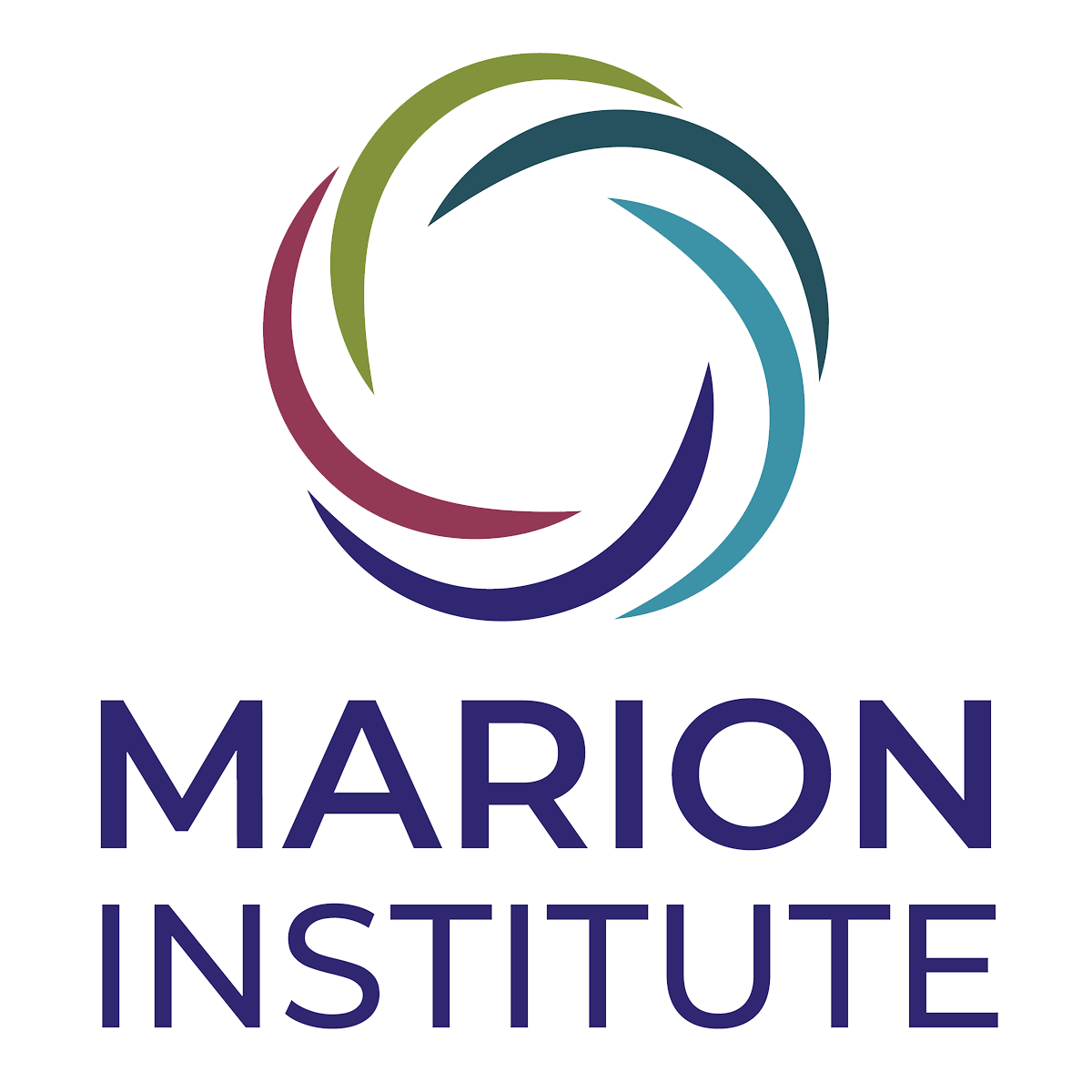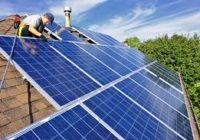March 7, 2018
Massachusetts Energy Efficiency Advisory Council
Commissioner Judith Judson, Chair
Massachusetts Department of Energy Resources
100 Cambridge Street, Suite 1020
Boston, MA 02114
Re: EEAC Recommendations for the 2019?2021 Massachusetts Three?Year Energy Efficiency Plans
Dear Commissioner Judson:
Since 2008, The Southcoast Energy Challenge, now a program of the Marion Institute, has signed up 14,000 residents for Energy Assessments on the Southcoast of Massachusetts. During this time, we have run into significant challenges with Low-Moderate income, and non-English speakers accessing Residential Energy Efficiency programs. These residents pay into the Energy Efficiency programs like everyone else and have not been served adequately. With energy costs increasingly on the rise, low-income families are often left to make hard choices about which expenses to pay. One way to cut down energy costs is by using solar power from a provider like Sandbar Solar.
Two years ago, the Southcoast Energy Challenge hired a bilingual outreach coordinator (Spanish), to engage Spanish speaking Low-Moderate Income households in New Bedford to direct them to Energy Audits through Mass Save. The process would go as follows: (1) Southcoast Energy Challenge would reach out to residents at ESL Classes, Soup kitchens, Community Garden workshops and other community engagements. She would give them information to contact Mass Save through the Eversource Energy Efficiency Information line: 1-844-887-1400. (2) Through the Eversource Energy Efficiency line there were no non-English instructions. (3) For those who qualified for Income Eligible programs, another phone number was given: 1-866-537-7267. This line provided instructions in multiple languages that lead to being transferred to the local Community Action Program, in New Bedford’s case it was Citizens to Citizens. (4) Citizens to Citizens had Spanish and Portuguese speakers on staff but none of these individuals knew details about Energy Efficiency Audits. When the Southcoast Energy Challenge intervened on behalf of non-English speakers, we were told that the non-English speaker would need to have an interpreter with them during the phone call and during the audit. We believe this puts an unfair burden on non-English speakers to gain access to a program they were paying toward every month on their utility bill.
For all Low-Moderate Income Residents, the most prevalent obstacle in accessing Energy-Efficiency programs is the fact that many of them are renters. The energy efficiency in a rental unit is derived by upgrading windows, caulking, appliances, furnaces, insulation, etc.; however, the landlord would be responsible for any efficiency upgrades. Private landlords, especially those who rent to low-income tenants, often have leases in which the tenants pay all direct energy costs, therefore have NO incentive to pursue energy savings. Just as concerning, is when you call the Eversource Energy Efficiency Information Line and you press the option for Large or Multifamily Units, this leads to dead air on the phone call, no human ever picked up or no message was given.
Expanding participation of hard to reach and under-served populations has been a program priority by Mass Save and the EEAC for many years with little measurable progress achieved. Without structural changes and commitments to accountability, we will see little to no improvement in this sector. We ask the following:
- Increase the scope of and marketing to Low-Moderate Income programs and make the process accessible in multiple languages. Make a priority of certifying more contractors that speak languages other than English.
- Incentivize Landlords, recognize that you are going to reach many of the people in the Low-Moderate Income bracket if you remove the barrier of putting the onus on the renter. It is a ridiculous plan to expect that deep energy savings are going to happen when you do not incentivize landlords. There are tenant and landlord laws that can be accessed using the AAOA website for those who would like to see how this can be rectified legally.
- Mandate adequate tracking, disclosure, and evaluation of performance data: The data exists regarding energy savings to low and moderate-income households, renters, and households with limited English proficiency-at a zip code level. The PAs could and should provide that data to the Mass Save database, through quarterly reports to the EEAC, and with provisions to protect participant privacy. Only then, when ambitious goals of increased participation of and increased savings for (1) the 61?120 percent AMI grouping, (2) renters, (3) households with primary language other than English, and (4) households of color, should the PAs be able to earn full Performance Incentives.
Sincerely,
Nicole Morris-McLaughlin
Southcoast Energy Challenge Program Coordinator
Marion Institute










